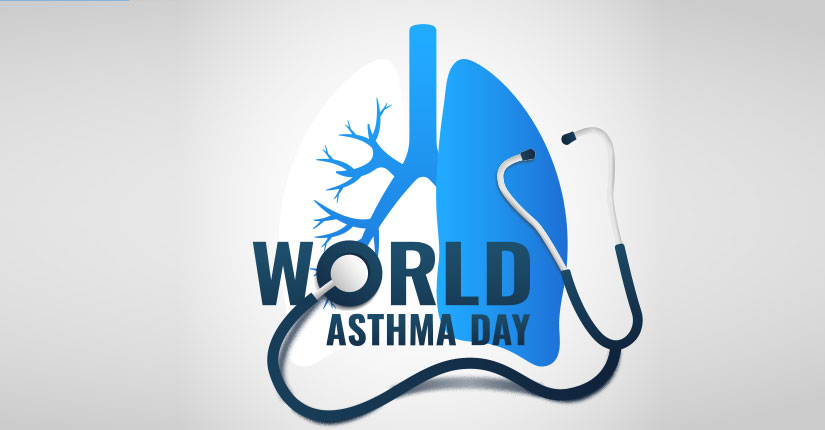Weather An Asthma Trigger: Know How Summer Heat and Allergens Can Affect Asthma
By Nmami Agarwal 03-May 2022 Reading Time: 3 Mins

In this modern era of the world, there is a solution to everything, but change in weather is inevitable. People with certain diseases have to suffer with the advent of summers. Such is the case with Asthma, where people have a list of triggers in their pockets. From weather change to allergens, asthma can be ignited, and thus it becomes imperative to comprehend how triggers affect your condition. Don’t worry if you are one of these, Nmamilife has you covered.
HOW SUMMERS AFFECT ASTHMA
Asthma is a condition wherein your lungs swell and narrow which can create difficulty in breathing. While asthma can be triggered by all sorts of weather, you have to understand what messes with you the most. Summers can be frustrating because of extra heat and humid air. No one likes humid air except for scientists working on it, but shout out to those who have asthma, given the real struggle in summers. Humid air can cause your airways to narrow, which ensues in asthmatic symptoms. What’s more, studies have shown that even an increase in temperature as much as 10% leads to asthma-related problems. Some scientists believe that changes in the ozone layer over the past few years have caused more asthma-related problems. However, more conclusive evidence is needed on the ozone layer affecting asthma.
HOW SUMMERS’ ALLERGENS AFFECT ASTHMA
When you are allergic to something, your immune system sends its best soldiers when it recognizes invaders which in turn releases histamine. It is because of histamine, you get symptoms such as runny nose, itchy eyes, sneezes, etc. While humid air is to be held responsible for aggravating asthma, what comes along with it is no less. If you have allergic asthma and are provoked by particular allergens that are more frequent in June, July, and August, you should expect more asthma episodes during those months. Tree pollens, grass pollens, mold spores, weed pollen, etc. peek high at this period and are a common trigger for seasonal asthma. Difficulty breathing, coughing, wheezing upon exhalation, chest pain, etc. are common symptoms associated with seasonal asthma.
OVER TO YOU
Asthma can be managed if treated with cautions. Knowing your symptoms is must. People with asthma can suffer from any kind of weather, it’s up to you to observe what harms you the most. Be aware of your symptoms and always stay alert.





















